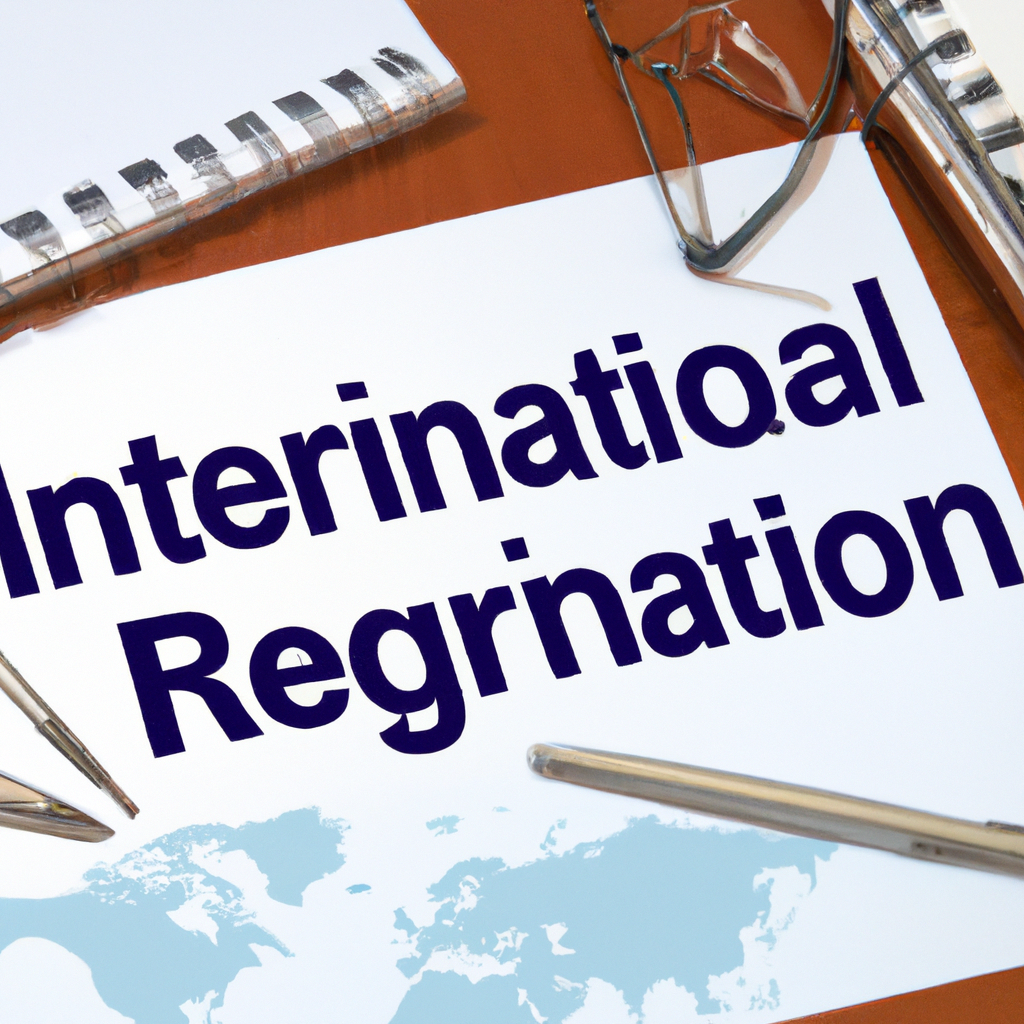International Economic Relations: Understanding the Dynamics of Global Commerce
Introduction
International economic relations play a crucial role in shaping the global landscape of commerce. In an interconnected world, countries have become increasingly dependent on each other for trade, investment, and economic cooperation. This article aims to explore the dynamics of international economic relations, highlighting key concepts and factors that influence these relationships.
1. The Importance of International Economic Relations
International economic relations encompass a range of activities, including trade in goods and services, foreign direct investment (FDI), financial transactions, and the exchange of ideas and technologies. These interactions are vital for economic growth, job creation, and the overall well-being of nations. Here are some key reasons why international economic relations are important:
2. Trade and Globalization
Trade is the cornerstone of international economic relations. It involves the exchange of goods and services across borders, allowing countries to specialize in the production of certain goods and benefit from economies of scale. Globalization has further intensified trade by reducing barriers, such as tariffs and quotas, and facilitating the flow of goods and services worldwide.
3. Foreign Direct Investment (FDI)
Foreign direct investment refers to the investment made by a company or individual from one country into another country. FDI not only brings capital into a country but also transfers technology, knowledge, and managerial expertise. It creates employment opportunities, boosts productivity, and stimulates economic growth.
4. Economic Cooperation and Organizations
Countries often form economic alliances and organizations to foster cooperation and address common challenges. Examples include the World Trade Organization (WTO), International Monetary Fund (IMF), and regional trade agreements like the European Union (EU) and the North American Free Trade Agreement (NAFTA). These organizations provide platforms for negotiation, dispute resolution, and the establishment of rules governing international economic relations.
5. Factors Influencing International Economic Relations
Numerous factors shape international economic relations. Here are some key influencers:
6. Political Factors
Political stability, government policies, and diplomatic relations between countries significantly impact economic relations. Political instability can deter foreign investment and disrupt trade, while favorable policies and strong diplomatic ties can enhance economic cooperation.
7. Economic Factors
Economic factors, such as GDP growth, inflation rates, exchange rates, and market size, influence the attractiveness of a country for trade and investment. Countries with stable economies, favorable business environments, and a skilled workforce tend to attract more international economic activity.
8. Technological Advancements
Technological advancements have revolutionized international economic relations. The internet, digital platforms, and e-commerce have facilitated cross-border trade and enabled small businesses to access global markets. Technological innovation also drives productivity gains and competitiveness, shaping the global economic landscape.
9. Environmental and Social Considerations
In recent years, environmental and social factors have gained prominence in international economic relations. Sustainable development, climate change, and social responsibility have become critical considerations for businesses and governments alike. International agreements, such as the Paris Agreement on climate change, have further influenced economic relations by promoting green technologies and responsible practices.
Conclusion
International economic relations are complex and multifaceted, encompassing trade, investment, cooperation, and various influencing factors. Understanding these dynamics is crucial for policymakers, businesses, and individuals seeking to navigate the global economy. By fostering cooperation, addressing challenges, and embracing sustainable practices, countries can build stronger and more prosperous economic relationships in an increasingly interconnected world.

